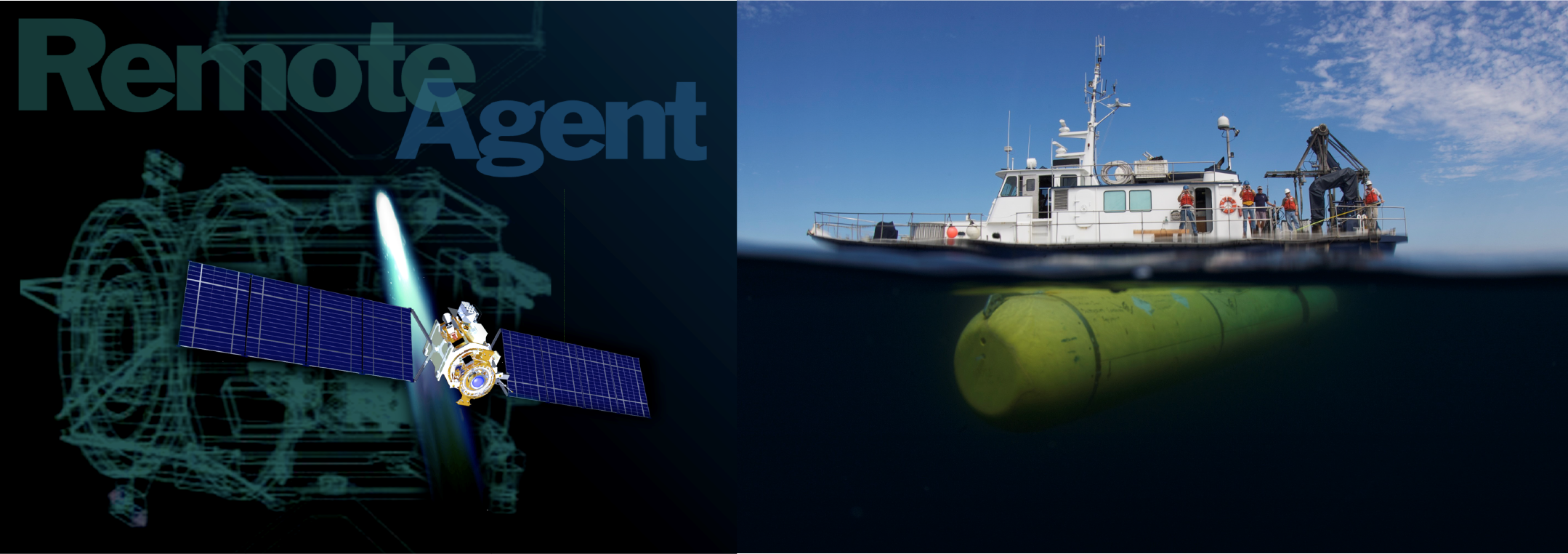University of Porto Oceans Distinguished Lecture Series
Latest Lecture
University of Porto Oceans Distinguished Lecture Series
What
The University of Porto’s Oceans Distinguished Lecture Series is starting in May 2015, following several successful initiatives on global ocean sustainability and stewardship (e.g. http://oc2013.fe.up.pt/).
The purpose of the public lectures by nationally and internationally-recognized experts in oceans-related research is to provoque debate on a range of inter-disciplinary studies and topics that focus on climate change, ocean acidification, fishing, pollution, shipping, security issues, and mining, as well as in loss of habitats and biodiversity. This will provide a forum for important discussions, which will induce guidance on the science pull and technological push in this important area of research.
We encourage attendance from across the wider University community and hope that many will join us at the lectures. If you would like to suggest a speaker, please get in touch with the Vice-Rector for R&D’s Office at mjramos@reit.up.pt.
Background
There is now a pressing need for a sustained, persistent and affordable presence in the oceans that will help us to understand and monitor how key issues such as climate change, ocean acidification, unsustainable fishing, pollution, waste, loss of habitats and biodiversity, shipping, security, and mining are affecting global ocean sustainability and stewardship. This is not an easy task. First the oceans cover 71% of the Earth and contain 96% of the Earth's living space thus making ocean observation a problem at the planetary scale. Second, the oceans are still largely inaccessible, not only to humans but also to man-made devices. Third, the oceans are a communications’ challenged environment: land-based communications have limited range and satellite communications are quite expensive. Fourth, although ships have been the mainstay of seagoing ocean sciences, a ship can only be at one place at a time, can only carry a small number of scientists, and can only stay at sea for limited time. Fifth, the interior of the ocean changes faster than it can be measured with traditional sampling devices, such as ship borne sensors and drifters.
A sustained, persistent, and affordable presence in the oceans requires innovative approaches to systems’ development, operations, and management. This can only be achieved with an incremental and multi-dimensional approach. There is a need to increase the number of systems (buoys, drifters, floats, etc.) in operation in the oceans, and to develop and deploy new fleets of robotic vehicles for ocean observation with unprecedented spatial and temporal resolution. Additionally, it is necessary to network existing systems and new robotic vehicle systems for coordinated adaptation to observational needs. This entails being able to command and control networks of manned and unmanned vessels that, in turn, may form ad-hoc communication networks allowing extended and cost-effective communications coverage. Moreover, there is a need to develop unmanned air/ocean/surface/ground vehicle systems (UXS)s capable of long duration/range missions for cost-effective spatial and temporal coverage. Finally, there is also a need for new organizational frameworks to manage and coordinate the system(s) of systems that will result from these networking trends and associated cost benefits. This poses unprecedented technological and organizational challenges to countries and international organizations.



